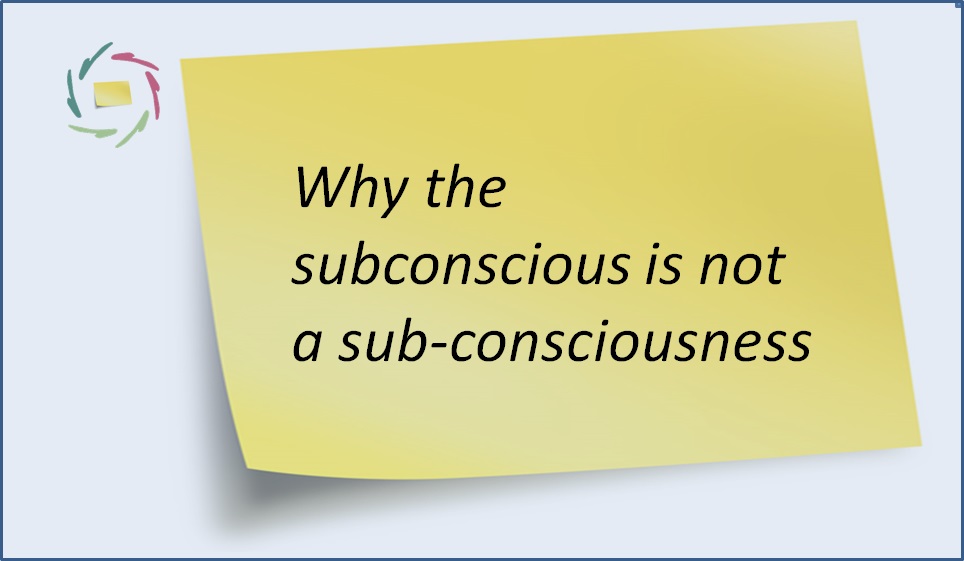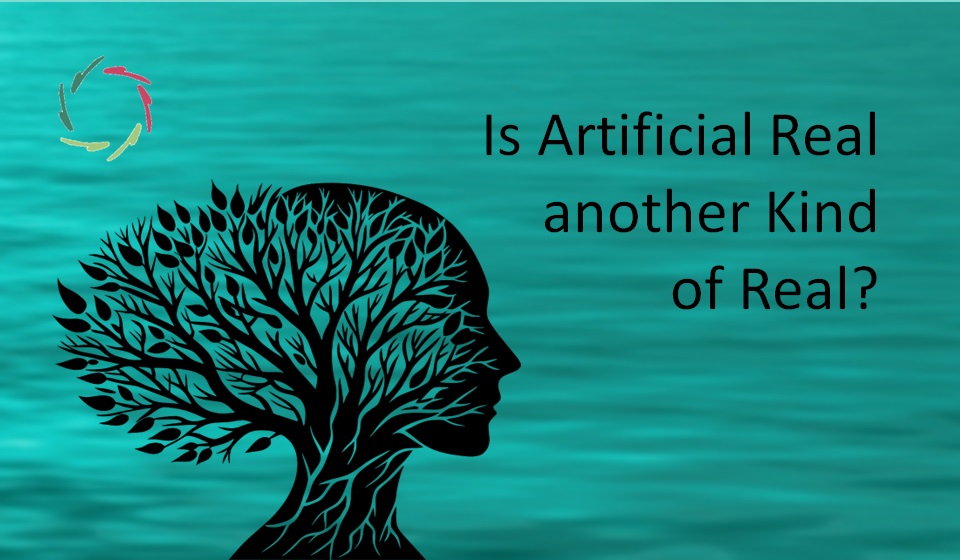Is God Conscious?

If God, then: it would be unimaginable for him to not be conscious. However, it would also be unimaginable for him to be conscious.
What with a nonconscious God?
We humans generally associate ‘free will’ with the presence of consciousness. A person without any consciousness at all would be in deep sleep or in a coma, not responsive to any meaningful thing. In a ‘light version’, one can do things without conscious awareness, as might happen to you sometimes while driving and thinking about something very different.
In both cases, I doubt whether this is compatible with any believer’s image of God. A nonconscious God would be meaningless. It would be just a ‘natural force’.
What with a conscious God?
Then he would be conscious of all suffering, not only of humans but of all species. That gives all kinds of moral issues. Do we have more empathy than God if we care for a person, for an animal? Or should we not have empathy since God chooses to let the creature suffer, say, if we’re not there or don’t intervene?
In addition, human consciousness exist in a state of emergence – partly or more probably even totally – from nonconscious processing. There then we have again the nonconscious part. We can also speak about ‘pure consciousness’ – unrelated to any nonconscious processing – but that is of a purely mechanical kind. It’s a characteristic of a machine.
I doubt even more whether this is compatible with any believer’s image of God.
People universally consider God to be ‘a conscious mind’…
without really thinking about what this might mean: ‘a conscious mind’. The issue of this text is thus to many ‘solved by ignorance’. Actually, it is not solved at all this way.
Dodging the question.
One can contend that since God is all-powerful, he can do anything, including being conscious and nonconscious at the same time, or transcend such human-related categories.
That might well be.
That would mean that we know nothing of God, that he is completely different from us. For instance, if he has ‘empathy’ then we don’t know – at all – what this might be worth to us, whether it is in any way at all related to what we would call ‘empathy’ (or ‘love’). It might be… but then we are completely deluded about the ‘empathy’ of God.
Then why would we bother?
Why would he bother about us? Without consciousness as we know it, the God concept is meaningless. His existence would be trivial to us. We wouldn’t even know what ‘existence’ means to him and how this concept differs from ours.
Even more, anything becomes meaningless then unless we give it meaning. Not any of all believers can then still trust in God providing meaning to his life, his love, everything he knows and everything he doesn’t.
I doubt even most of all whether this is compatible with any believer’s image of God…
Whether conscious or nonconscious, I see in the ‘consciousness’ of any imaginable God an insurmountable problem.
Thus, we need to go beyond the imaginable…
Can we? Should we?


